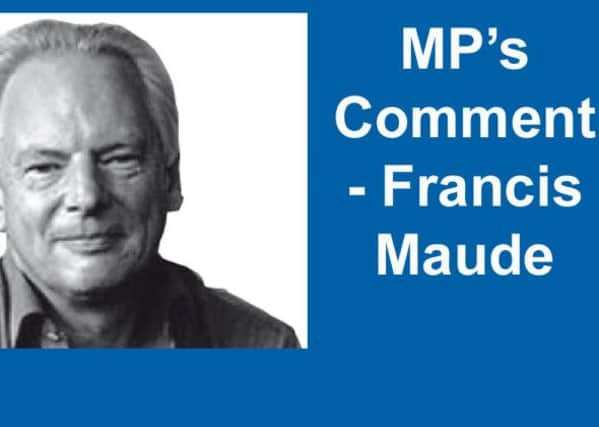Francis Maude: Creeping to integration by stealth


As has now been reported, our Prime Minister, David Cameron, was outvoted, alongside the Hungarian Prime Minister. They were voting less against the individual, Jean-Claude Juncker, the former Prime Minister of Luxembourg, than for the long established principle that the European Council should be able to make its own choice. These heads of government are in their own ways democratically accountable in their own countries. Our Parliament holds our Prime Minister to account every Wednesday. It is the long-established convention that this important appointment should be made by consensus.
Yet last Thursday and Friday a new constitutional principle threatened to have emerged. This was that the largest parties in the European Parliament should nominate a preferred candidate for the post, and the candidate of whichever of those parties ended up with most MEPs should automatically get the job. A fiction has emerged that the recent Euro-elections were actually an election to choose between Mr Juncker or the Socialist candidate, Martin Schultz.
Advertisement
Hide AdAdvertisement
Hide AdYet even in Germany, where this myth is strongest, no more than one in six voter (or in one poll only seven per cent) believed that this was meant to be the case.
Two points. The first is that this could take the EU towards a fundamentally different model, one where the head of the Commission can claim a democratic mandate at least equivalent to that of the heads of government in the Council, because it can claim however absurdly to be Europe-wide. It is an arrangement that mimics how a national parliament and government might work, and therefore could take us further towards something like a European superstate.
The second is that this is a change that has no basis in Treaty changes or EU law. The Lisbon Treaty merely states that the European Council should ‘take account’ of the European Parliament’s views in selecting the new Commission President. So this follows a historic pattern in which there is a creeping movement towards greater integration that happens by stealth, without the public or national parliaments having any kind of say.
That’s why I think David Cameron was completely right to stick to his guns on this important matter of principle. And why it’s so important that we achieve real changes to Britain’s part in the EU so that in the in-out referendum of 2017 that a Conservative Government will hold the British people will have a clear choice to make.